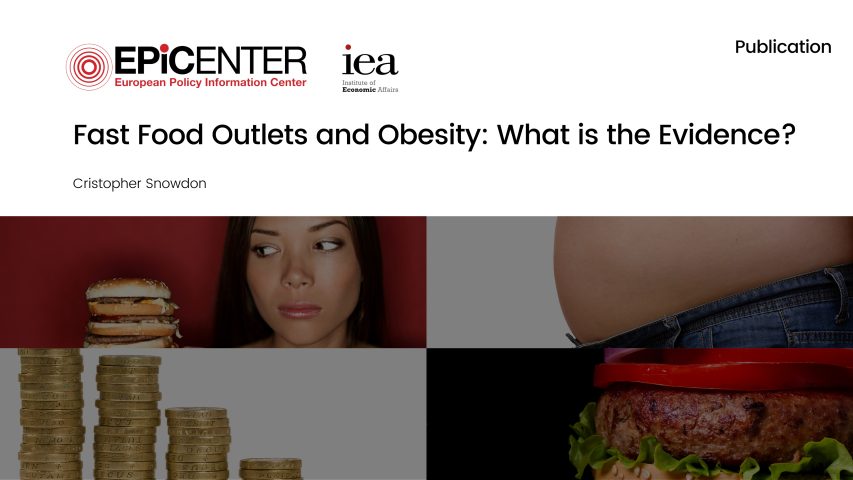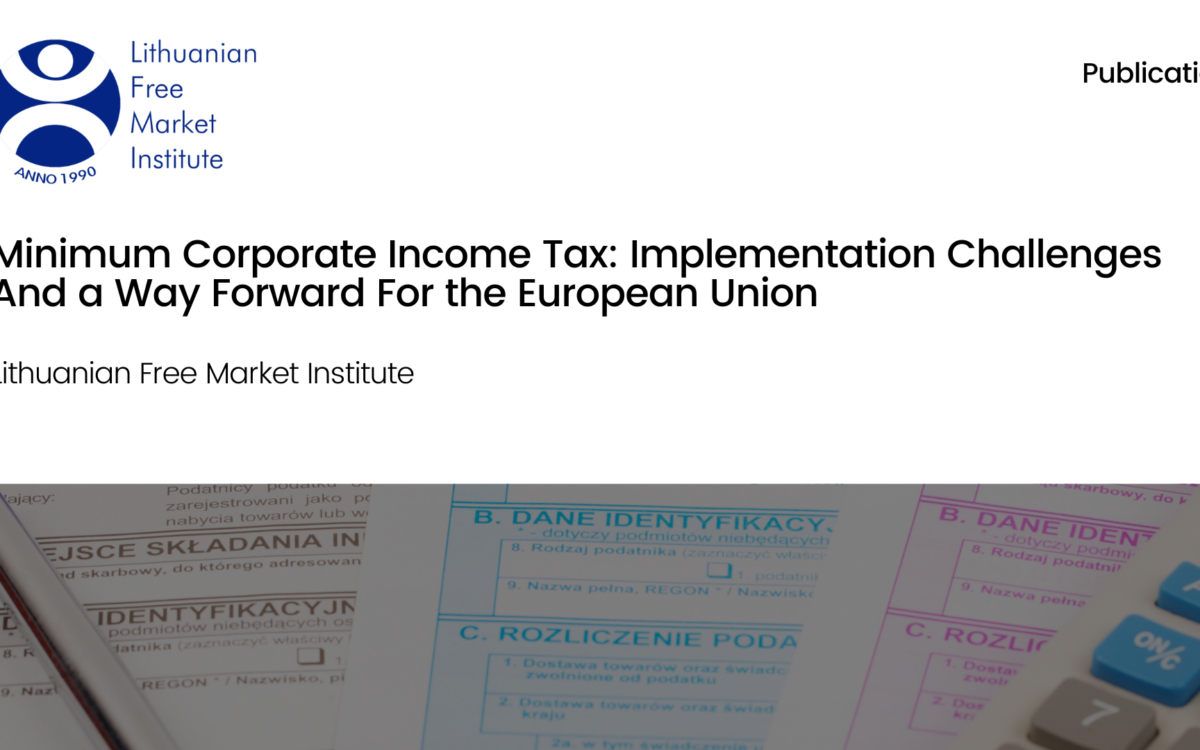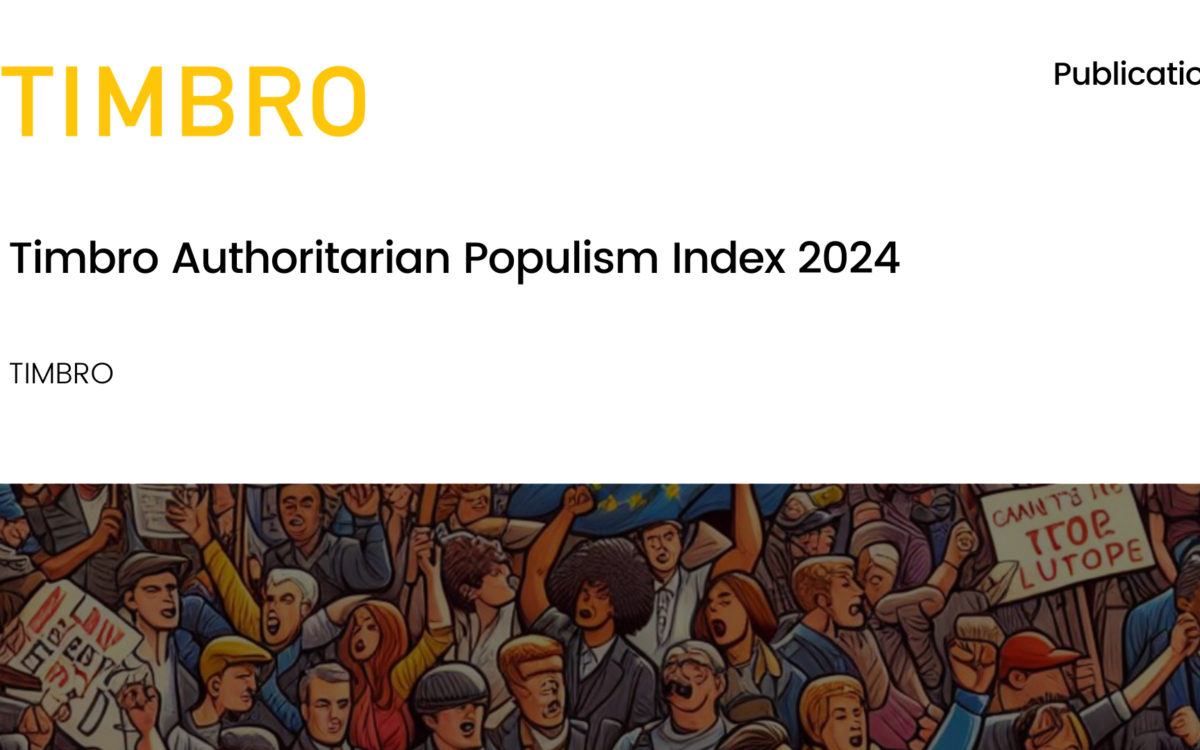Fast Food Outlets and Obesity: What is the Evidence?

Fast Food Outlets and Obesity: What is the Evidence?
6 April 2018
Several local authorities in Britain have introduced ‘zoning laws’ to restrict fast food outlets within a certain distance of schools. Public Health England, the British Medical Association and the Mayor of London have all endorsed this policy as a way of tackling childhood obesity.
Standard economic theory suggests that restricting supply by law leads to higher prices, poorer quality and reduced choice for consumers. Fast food zoning bans effectively protect incumbent businesses from competition at the expense of the public. These anti-competitive measures are said to be justified on ‘public health’ grounds to tackle childhood obesity. This report looks at the empirical literature to see whether this is true.
Studies which suggest that living near a fast food outlet increases the risk of obesity are outnumbered 3 to 1 by those which find no such association. For childhood obesity, this ratio rises to 4 to 1.
The belief that restricting the availability of fast food will reduce obesity in children or adults is based on assumptions that are not supported by an extensive body of evidence.
Download or share this publication
View the PDF
EPICENTER publications and contributions from our member think tanks are designed to promote the discussion of economic issues and the role of markets in solving economic and social problems. As with all EPICENTER publications, the views expressed here are those of the author and not EPICENTER or its member think tanks (which have no corporate view).



